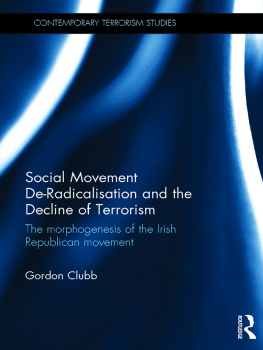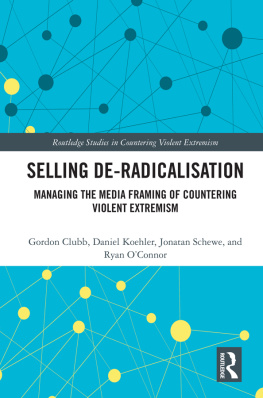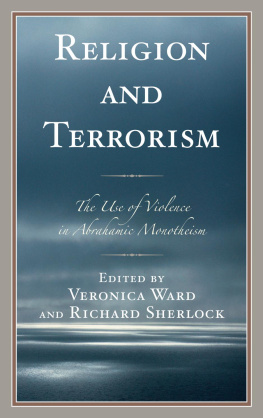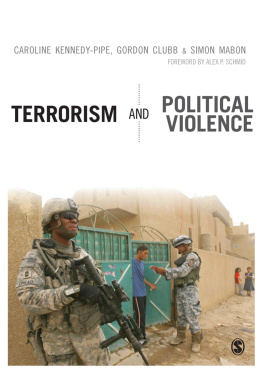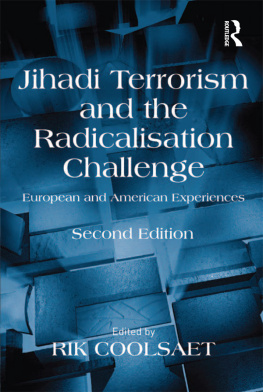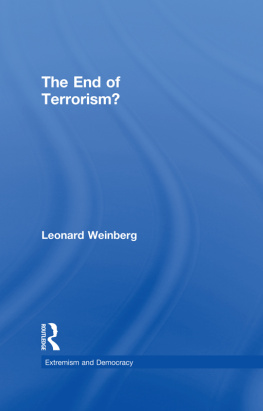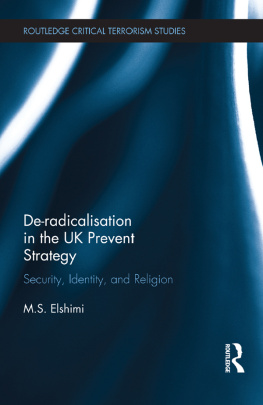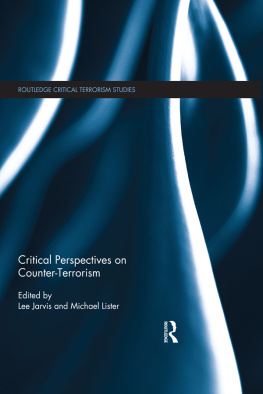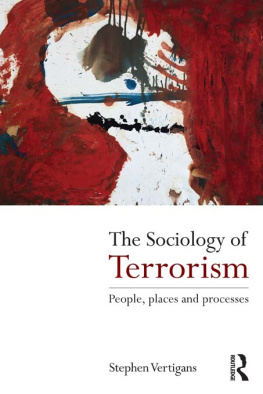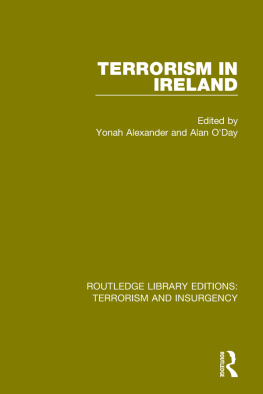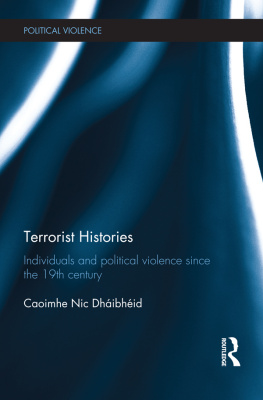Social Movement De-Radicalisation and the Decline of Terrorism
By drawing on social movement theories, Social Movement De-Radicalisation and the Decline of Terrorism explains how terrorist movements decline, using the case of Irish Republicanism.
The continuity of terrorism and political violence from generation to generation demonstrates the need to go beyond a focus on groups or individuals in order to explain how terrorism ends. The concept of de-radicalisation has been critiqued for its lack of explanatory value in accounting for disengagement from terrorism or how the risk of terrorism re-emerging is reduced. However, building on the morphogenetic approach, this book distinguishes between structure/culture and agency over time in order to analyse the causal influence between the two. Two processes are analysed: disengagement framing processes explain how actors change their attitudes to violence and the book identifies which factors ensure frames resonate with audiences; and social movement de-radicalisation accounts for the outcomes of disengagement in initiating structural change which transforms the landscape the next generation finds itself in. The fundamental aim of the book is to provide theoretical and conceptual insights into how terrorism can not only come to an end, but can be prevented from emerging to be a significant threat again within a society.
This book will be of much interest to students of terrorism and political violence, social movement theory, British and Irish politics, war and conflict studies, security studies and IR in general.
Gordon Clubb is Lecturer in International Security at the University of Leeds, UK, and Director of the Terrorism and Political Violence Association.
Contemporary Terrorism Studies
Evaluating Counterterrorism Performance
A comparative study
Beatrice de Graaf
The EU and Counter-Terrorism
Politics, polity and policies after 9/11
Javier Argomaniz
The Evolution of EU Counter-Terrorism
European security policy after 9/11
Raphael Bossong
Conducting Terrorism Field Research
A guide
Edited by Adam Dolnik
USUK Counter-Terrorism after 9/11
A qualitative approach
Edgar B. Tembo
Transforming Violent Political Movements
Rebels today, what tomorrow?
Kevin Grisham
Radicalization in Western Europe
Integration, public discourse and loss of identity among Muslim communities
Carolin Goerzig and Khaled Al-Hashimi
Putting Terrorism in Context
Lessons from the Global Terrorism Database
Gary LaFree, Laura Dugan and Erin Miller
Al Qaedas Global Crisis
The Islamic State, takfir, and the genocide of Muslims
V. G. Julie Rajan
Social Networks, Terrorism and Counter-Terrorism
Radical and connected
Edited by Martin Bouchard
Understanding Lone Actor Terrorism
Past experience, future outlook, and response strategies
Edited by Michael Fredholm
Hamas, Popular Support and War in the Middle East
Insurgency in the Holy Land
Richard Davis
Social Movement De-Radicalisation and the Decline of Terrorism
The morphogenesis of the Irish Republican movement
Gordon Clubb
Just when one thinks that everything has been said about the conflict in Northern Ireland since the Irish Republican movement has been the most thoroughly studied militant movement in recent times, here comes Gordon Clubb with a new book that places the conflict into a new framework, explaining both its inter-generational longevity and the ingredients for a lasting peace.
-Alex P. Schmid, International Centre for Counter-Terrorism
-The Hague, the Netherlands
Whether life in Northern Ireland will be shaped more by politics or violence remains a matter of past, present and future contention. This book represent a very impressive piece of research which helps us to a deeper understanding of the factors in play.
-Clive Walker, University of Leeds, UK
Very few works have the same level of solid scholarship and deep, comparative insights into the phenomena of deradicalisation.
-Omar Ashour, University of Exeter, UK
Gordon Clubb has written one of the most important deradicalization studies in recent years. By focusing on the much under-researched aspect of collective or social movement deradicalization Clubb closes theoretical and methodological gaps that have been pressing. Most significantly, however, this impressive work does not only help to understand the peace process in Northern Ireland a lot better, but for the first time combines collective and individual deradicalization theories with a coherent and unique framework, which will surely set much needed research impulses for years to come. Essential reading for scholars and students of terrorism, radicalization, deradicalization and the Northern Ireland conflict.
-Daniel Koehler, German Institute on Radicalization and De-Radicalization Studies
First published 2017
by Routledge
2 Park Square, Milton Park, Abingdon, Oxon OX14 4RN
and by Routledge
711 Third Avenue, New York, NY 10017
Routledge is an imprint of the Taylor & Francis Group, an informa business
2017 Gordon Clubb
The right of Gordon Clubb to be identified as author of this work has been asserted by him/her in accordance with sections 77 and 78 of the Copyright, Designs and Patents Act 1988.
All rights reserved. No part of this book may be reprinted or reproduced or utilised in any form or by any electronic, mechanical, or other means, now known or hereafter invented, including photocopying and recording, or in any information storage or retrieval system, without permission in writing from the publishers.
Trademark notice: Product or corporate names may be trademarks or registered trademarks, and are used only for identification and explanation without intent to infringe.
British Library Cataloguing in Publication Data
A catalogue record for this book is available from the British Library
Library of Congress Cataloging in Publication Data
Names: Clubb, Gordon, author.
Title: Social movement de-radicalisation and the decline of terrorism : the morphogenesis of the Irish Republican movement / Gordon Clubb.
Description: Abingdon, Oxon ; NewYork, NY : Routledge, 2017. |
Series: Contemporary terrorism studies | Includes bibliographical references and index.
Identifiers: LCCN 2016018286| ISBN 9781138933941 (hardback) | ISBN 9781315678290 (ebook)
Subjects: LCSH: Irish Republican Army. | TerrorismNorthern Ireland. | Political violenceNorthern Ireland. | Social movementsNorthern Ireland. | Peace movementsNorthern Ireland. | Conflict managementNorthern Ireland.
Classification: LCC HV6433.G7 C58 2017 | DDC 322.4/209416dc23
LC record available at https://lccn.loc.gov/2016018286
ISBN: 978-1-138-93394-1 (hbk)
ISBN: 978-1-315-67829-0 (ebk)

